
QANTAS: Bigger profits and better customer service. Can they do both?
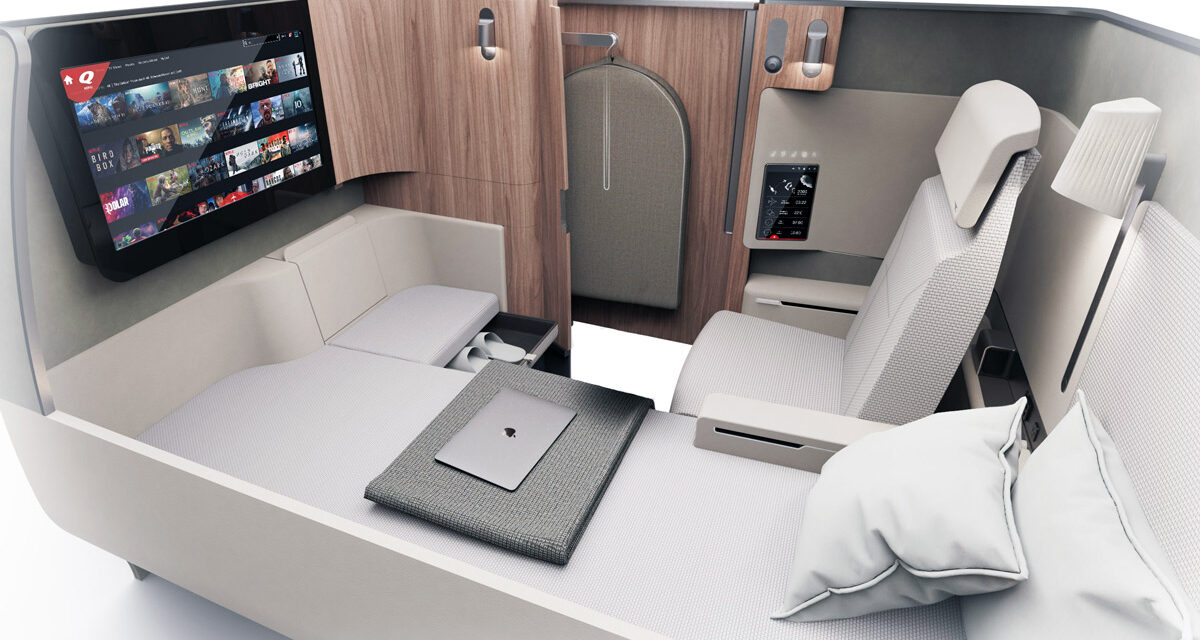
Australia’s most loved-to-be-hated airline Qantas has released its’ long-term’ strategy for the next seven years through until 2030. It’s vowing to implement customer service improvements, a strong commitment to sustainability, and earn even better profit margins on flying, particularly internationally.
On the first investors’ day since the COVID-19 pandemic, current CEO Alan Joyce has laid out a future pathway. Most of it, like the sustainability initiatives and the profit forecasts, align with his recent statements, so there are not many surprises here. However, he and his successor Vanessa Hudson may rue the day that they promised to increase profits and customer service simultaneously. Qantas has recently increased profits dramatically due to the overwhelming demand and at the cost of a dramatic cut in customer service. Joyce has failed to explain how he will achieve both without one affecting the other.
So, what are they going to do?
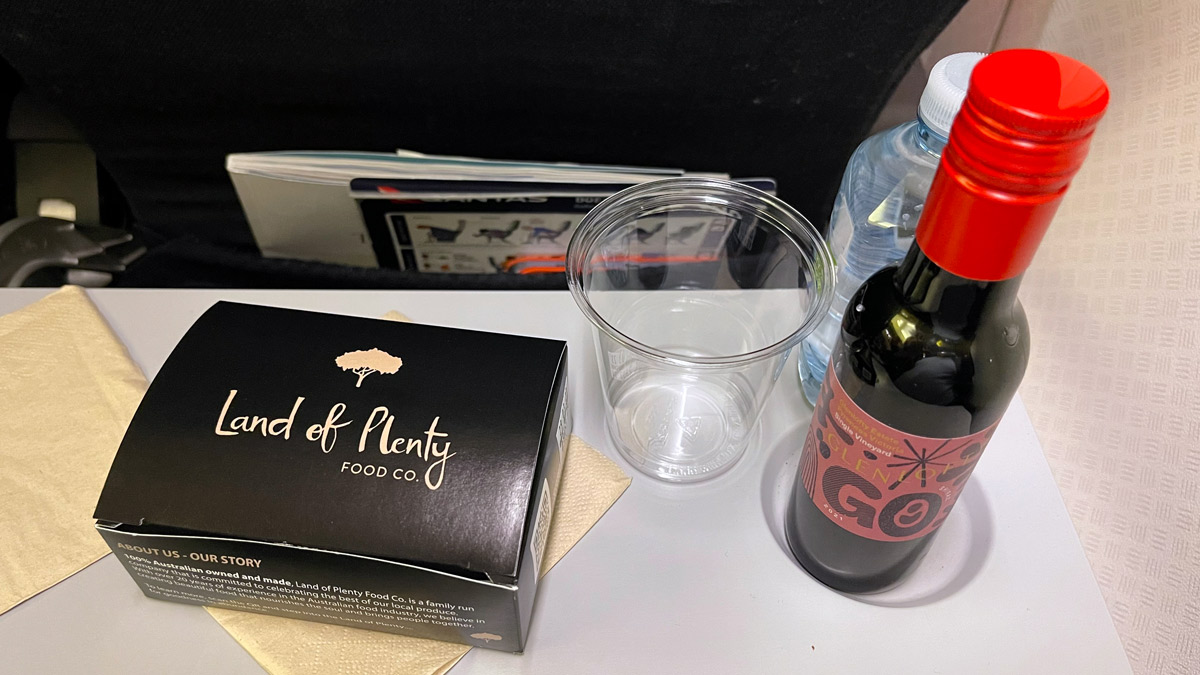
Content of this Post:
Changes to their App
As we detailed from reports by ET earlier today, Qantas is proposing to improvit its App in the latter half of 2023 so that customers can track their bags, and be able to do more within the App rather than have to call the dreaded overseas Qantas call centres and get hung up on. There is so much room for improvement here, that any little bit of functionality on their App will be a win.
Faster and better boarding for premium status passengers
That’s the next promise – an overhaul of the boarding process from October of this year. Qantas want to achieve two things here. The first is to help its on-time performance. More efficient boarding will help that. Secondly, the premium lane boarding has a chequered history of being observed. The proposal is that boarding will be in groups according to frequent flyer status and seat allocation, and we all hope, class of travel. They are also going to look at the whole gate layout to try and reduce passenger congestion, and time spent in queues.
I certainly endorse the intention, but lets see if Qantas can get the implementation and training of staff correct to carry this off.
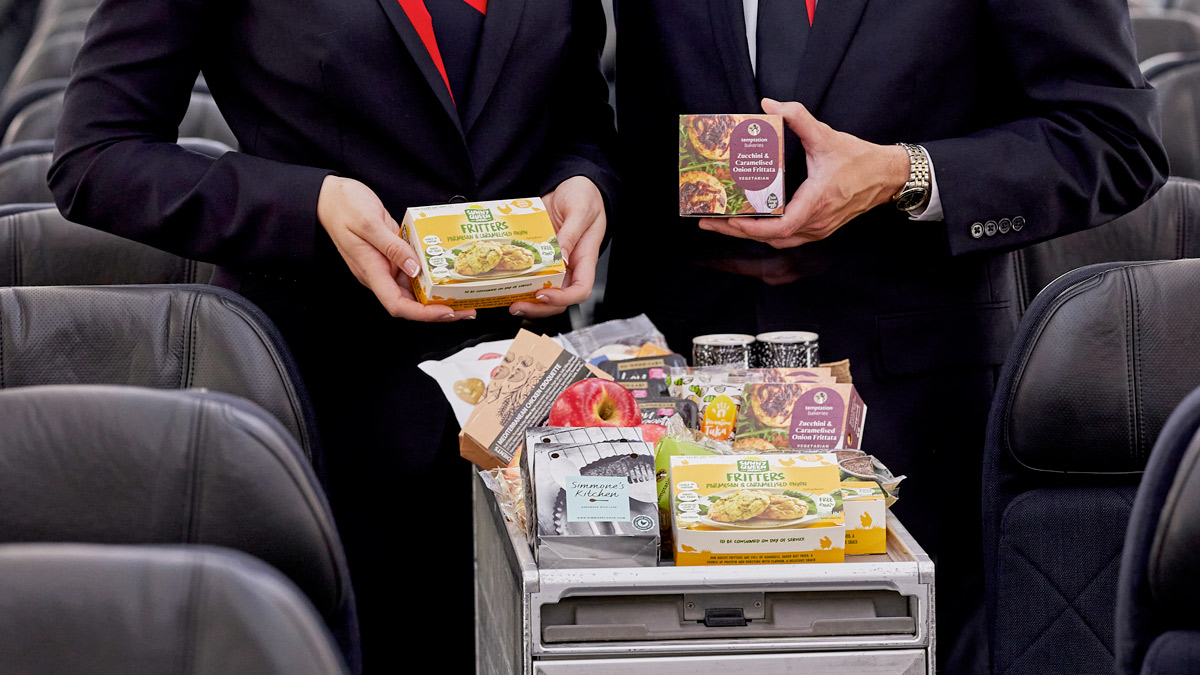
Better profit from International and domestic flying
Qantas has this past year achieved record profit levels largely by slashing staff, service and lifting airfares sky high. That, they say, will change. Hmmmmm.
The targets they are setting, like doubling their margins earnt on international travel by 2030, depend on the whole ‘Project Sunrise’ extra-long-haul direct services to Europe and the USA which depend on the arrival of the brand spanking new Airbus A350-1000. It will have 238 seats compared to 372 in a standard, three-class version of the aircraft. To me it seems a challenge to make the Project Sunrise version of the A350-1000 profitable when it trades capacity for range, with extra fuel and fewer passengers.
Qantas Group wants the Project Sunrise flights to deliver $400 million (excluding tax etc) in its first year with a full compliment of 12 aircraft in service. From memory, they will be lucky to achieve that before 2030, given that the first plane doesn’t go into service until the end of 2025 – so maybe 2026?
On the domestic front this is easier to see, as Qantas and Jetstar will have a bevy of new super fuel efficient A321XLR (20) and A220-300 (also 20) aircraft as part of ‘Project Winton’ in the air between 2025 and 2028 – if they’re lucky. However its target margins are steep – 18% for Qantas and 15% for Jetstar. Good luck with balancing that and acceptable fares for your customers, Qantas!.
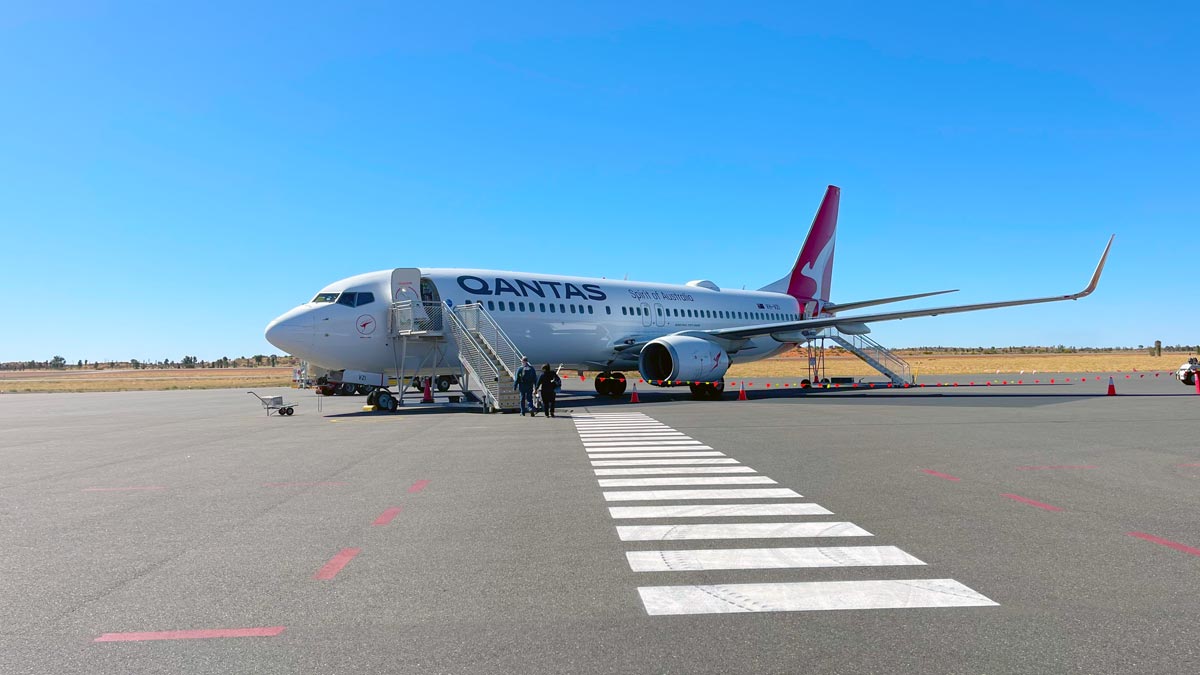
Sustainability
This is a big challenge for airlines, that burn CO2 emitting jetfuel at an alarming pace with no real alternative in the near future. Qantas wants the Australian government to mandate use of more sustainable and more expensive fuels to create a level playing field for airlines, just as UK, Europe, the US and Japan are doing. That is probably a good idea for everyone, otherwise an airline is going to seek a price advantage out of using traditional fuels, while more environmentally conscious airlines are going to pay nearly twice as much for lower CO2 emitting biofuels.
Qantas has made several announcements recently about its additional AU$110 million commitment to its already AU$290 million strong commitment to using sustainable aviation fuels (SAF). It wants sustainable fuel to reach 10% of its fuel by 2030 and progress to 60% by 2050. However it has to set up its own initiative with partners, given ,there’s a global supply shortage of SAFs.
Staff and Loyalty
Qantas is looking at recruiting a further 8,500 staff through until 2030 – a target that has been previously announced. As ever even more profits are expected out of the Qantas Loyalty program. Although that is highly likely, it will be interesting to see if the reputational damage the airline has suffered in the las 18 months will have an effect on that loyalty bottom line.
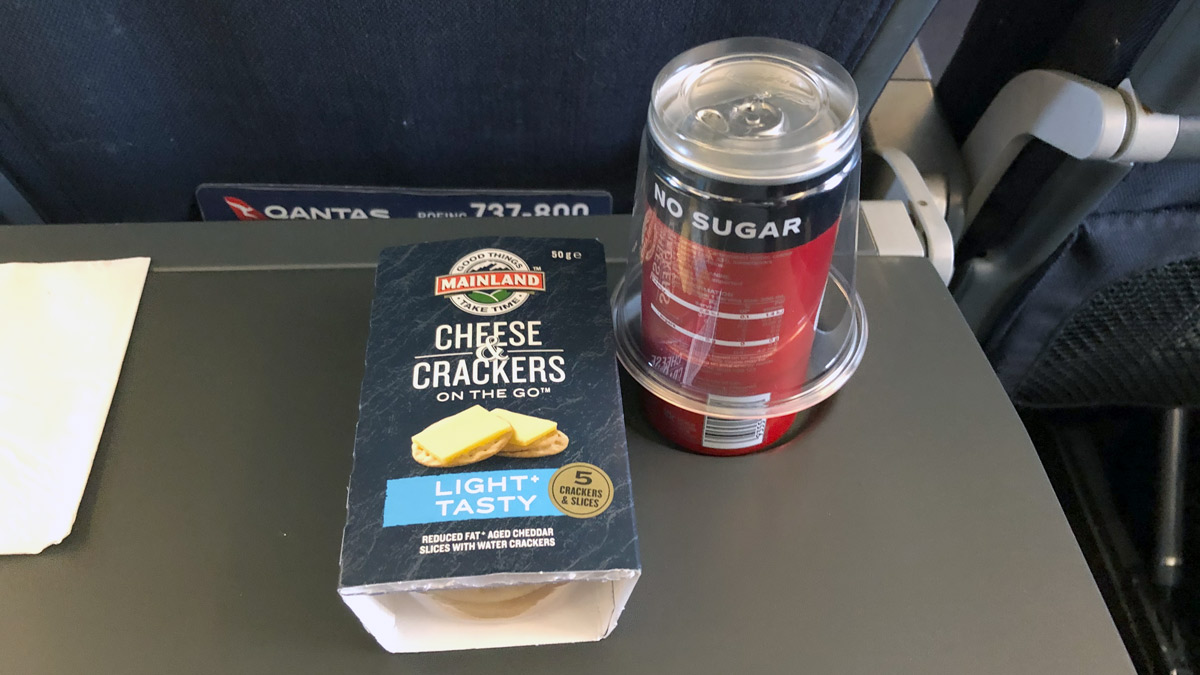
2PAXfly Takeout
Now, I am a Qantas tragic. I’m a loyal frequent flyer and a minuscule shareholder, so I want to see them succeed. Whether I think they can manage it is a completely different kettle of poisson! If my recent flight in business to Perth is any indication (there will be a review in a week or two), there is a lot of room for improvement in both the hardware and service departments.
Qantas has had the advantage of very high ticket prices, and a customer base willing to pay them. That won’t last. Capacity will increase, demand will taper, so prices will come down. Cost cutting to the point where it adversely affects service – everything from staffing levels to the quality of food and beverage, and the recognition of elite frequent flyers have all suffered. The consequence is a substantial challenge to the reputation of Qantas.
That needs to change.

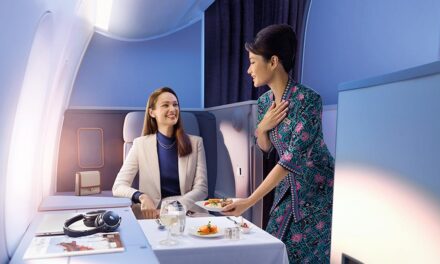

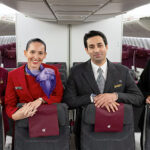
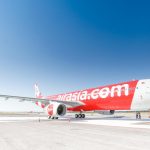
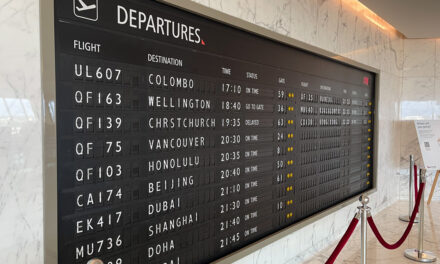
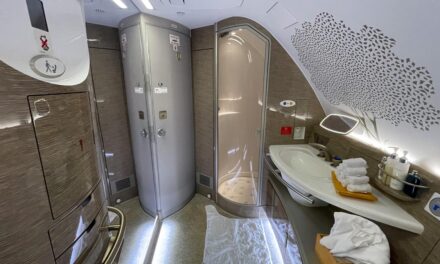
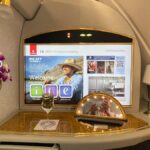
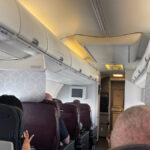


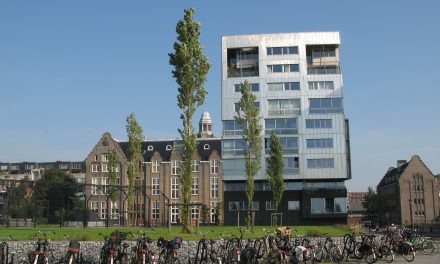
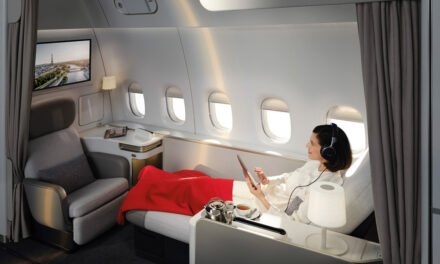
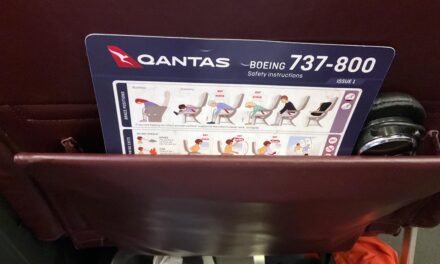
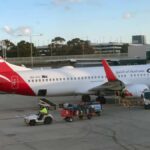

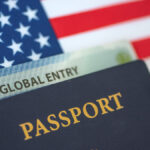
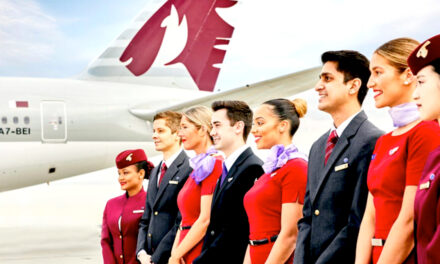


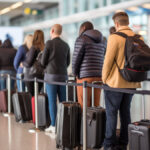
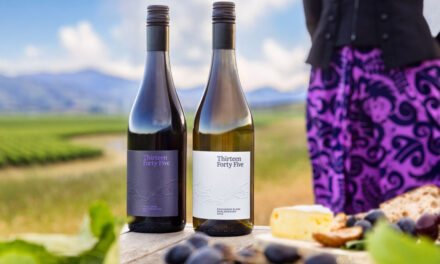
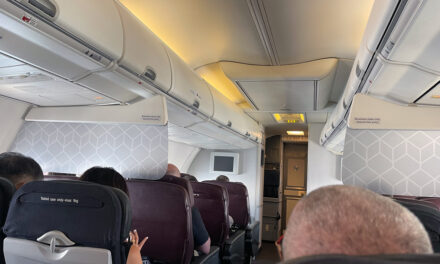



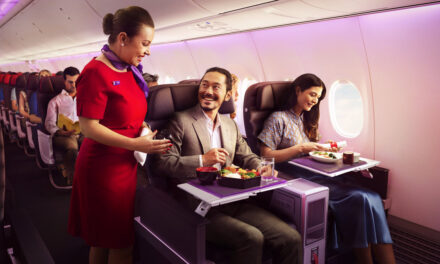
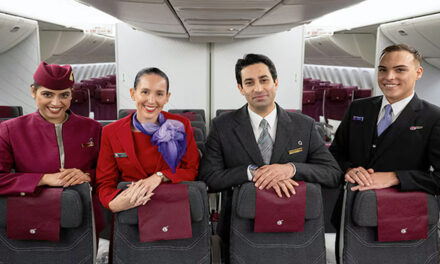

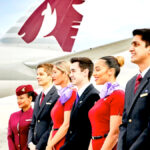




What did you say?